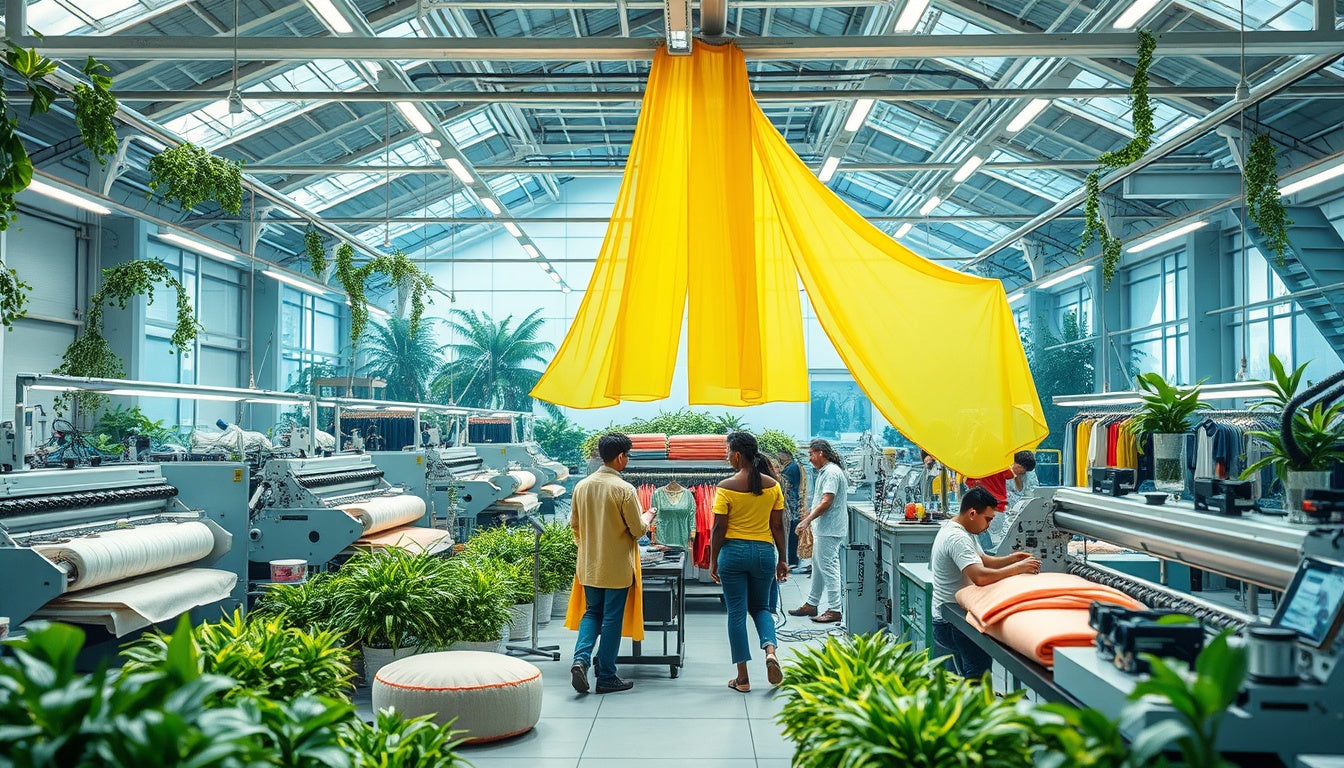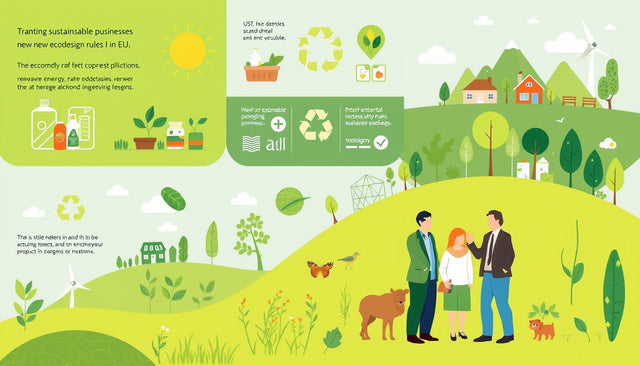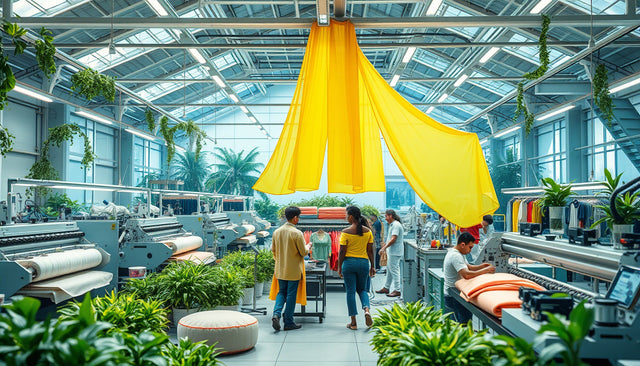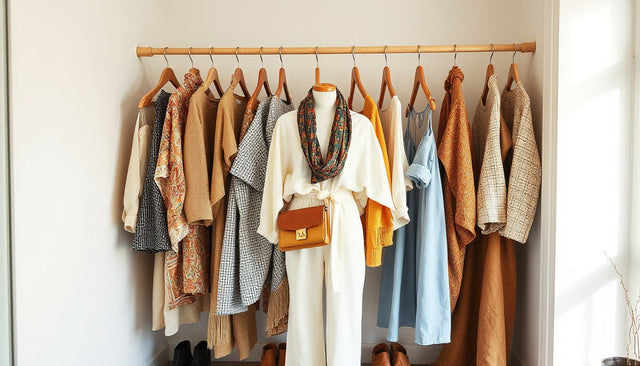MAS Holdings Aims for 75% Revenue from Sustainable Products by 2030
Overview
MAS Holdings, South Asia’s largest apparel maker, targets that 75% of its revenue comes from sustainable products by 2030. They set this goal in a new five-year "Plan for Change" (2026-2030). Their plan weaves sustainability with business, climate, social, and industry challenges.
Current Progress and Future Targets
-
Sustainability Revenue Growth:
In 2023, sustainable products brought 28% of revenue. By 2024, that share rose to about 42%. They almost meet their 2025 goal of 50%. -
Key Strategies for 2030:
MAS will boost textile-to-textile circularity, improve fiber recycling, and pursue new materials from renewable and finite-free sources. They will also use more natural fibers from regenerative agriculture.
Commitment to Sustainability and Social Responsibility
-
Three Pillars of Plan for Change:
- Product – They offer eco-friendly, circular textiles and materials.
- Lives – They care for employees, most of whom are women (70% of the workforce). Their support covers childcare and eldercare.
- Planet – They work on climate adaptation, lowering emissions, and protecting biodiversity.
-
Scope 3 Emissions and Traceability:
MAS will cut supply chain emissions and raise traceability. Their goal is to match Science Based Targets for Nature and keep nature safe beyond their own work. -
Labor and Wage Roadmap:
They plan fair wages and well-being in MAS facilities across 11 countries. They focus on workers’ physical, mental, and economic health.
Company Background and Global Footprint
- Founded in 1987 by Mahesh, Ajay, and Sharad Amalean.
- Current turnover is near $2 billion.
- They employ 100,000 people in 53 facilities spread over 13 countries, including India, Bangladesh, Vietnam, Kenya, and the U.S.
- They work with big brands like Nike, Speedo, and Victoria’s Secret on intimate wear, sportswear, and swimwear.
Leadership Insight
Suren Fernando, CEO of MAS Holdings, shows how linking sustainability with business strategy builds resilience and success. Nemanthie Kooragamage, Director of Group Sustainable Business, said MAS involved suppliers, customers, and groups like the UN and ILO to shape their 2030 goals. This work made the plan both fair and forward-looking.
Challenges and Industry Collaboration
-
External Factors:
MAS meets issues like uneven energy rules in Sri Lanka and global supply chain complexity. -
Collaboration:
They work closely with their top customers who bring 75% of business. The firm calls for teaming up with suppliers and partners to lower supply chain carbon emissions. -
Innovation and Alliances:
The company looks into partnerships, investments, and even acquisitions in sustainable nylon. This step will boost tech growth, clarity, and traceability.
Environmental Goals
- Cut emissions by 80%.
- Turn 30% of raw material waste into closed loops.
- Restore ecosystems actively.
- Solve problems like tiny plastic pollution, loss of biodiversity, and weaker communities facing climate change.
Conclusion
MAS Holdings leads a deep change in sustainability. They mix new products, worker care, and nature care in their plan. With strong leaders, deep stakeholder ties, and a clear plan, MAS sets a high bar in the apparel industry. Their target is clear: by 2030, sustainability is at the heart of all they do.
Source: Sourcing Journal, October 24, 2025
Author: Mayu Saini
Design Delight Studio curates high-impact, authoritative insights into sustainable and organic product trends, helping conscious consumers and innovative brands stay ahead in a fast-evolving green economy.






















0 comments